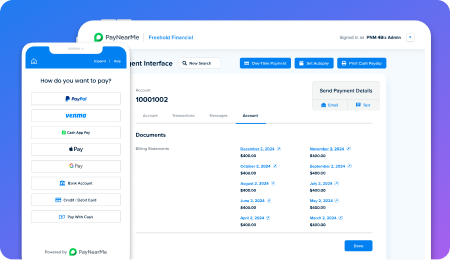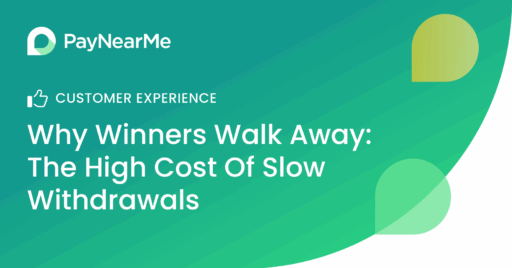Millions of Americans Make a Costly Mistake When Paying Credit Card Bills
More than 1 in 5 credit card users carry a balance every month in the hopes of improving their credit scores, according to a recent report from CreditCards.com. This means that approximately 43 million Americans are paying the minimum amount required on their balance statements, risk lowering their scores and at the same time are building debt due to this misunderstanding of carrying a balance.
So, what does carrying a balance really mean? By only paying the minimum each month, customers continuously owe credit card companies money and accumulate interest based on the annual percentage rate (APR) of their card. On average, this interest rate is around 15% for all credit cards, and over time, remaining balances can balloon into tens of thousands of dollars in debt. Carrying too high of a balance can also result in a high credit utilization rate, meaning that the ratio of your credit balance to credit limit is rising, which in turn can lower your credit score.
Another option for making credit card payments is paying them off as you go. For example, if you buy groceries on your credit card on Monday and immediately pay them off in full on Wednesday, you might feel more secure about not owing any money, but this practice isn’t beneficial for your credit score.
While having a high credit utilization rate certainly can be damaging, that doesn’t mean that having a low utilization rate shows your responsibility as a consumer.
Many customers still wrongly carry a balance, but the best way to improve your credit score it to focus on keeping a healthy utilization rate and paying off credit balances in full and on time. Paying a couple days late might not hurt your credit score but being significantly late or consistently forgetting payments definitely will. About 42% of those surveyed in the CreditCards.com study had paid a credit card bill late before, 10% of millennials confessed to paying a late fee five or more times. While there were instances where payments were late because customers simply didn’t have the money, a staggering 71% of the group didn’t pay on time simply because they forgot, or they were busy or travelling.
Luckily for customers, services like PayNearMe make paying bills on time easy, convenient, and secure. PayNearMe not only offers cash payment options at local, trusted locations any time of day and any day of the week but will also notifies you about upcoming bill due dates with payment reminders, helping you to avoid the most common debt pitfall.



